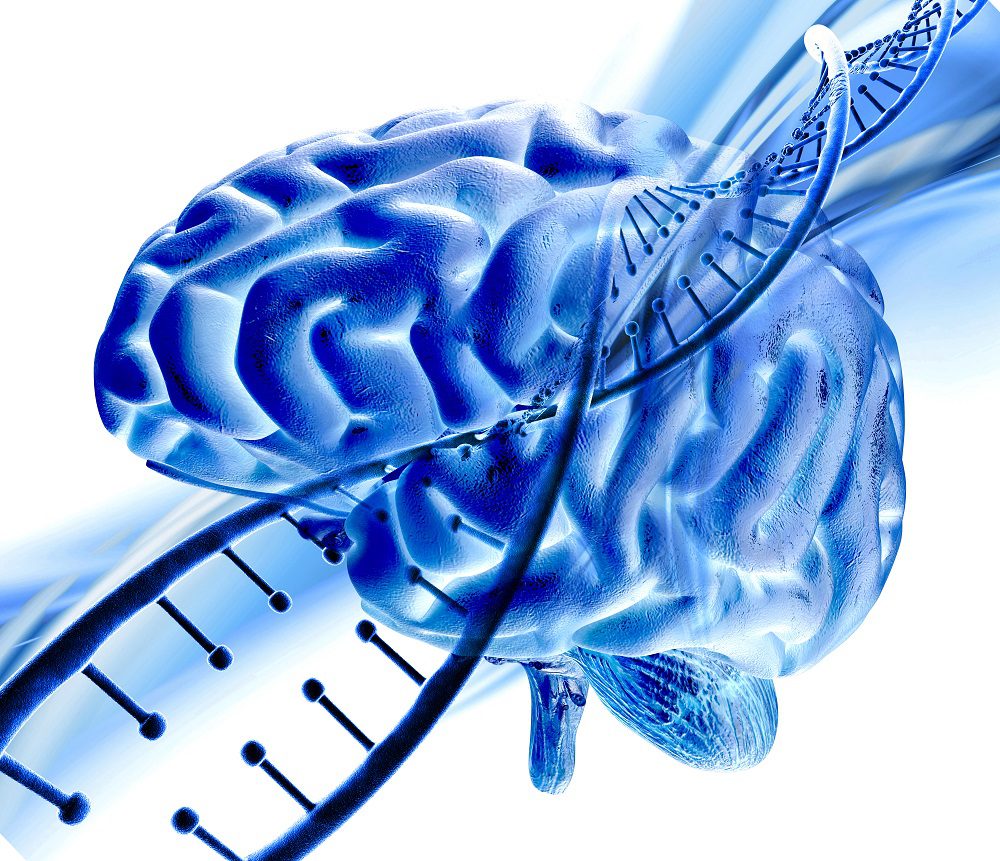Circulating long non-coding RNAs as novel diagnostic biomarkers for Alzheimer’s disease (AD): A systematic review and meta-analysis


Long non-coding RNAs (lncRNAs) have been reported to be involved in the pathogenesis of neurodegenerative diseases. In this systematic review, we compiled all studies on the subject to evaluate the accuracy of lncRNAs in identifying
Mesenchymal and Neural Stem Cell-Derived Exosomes in Treating Alzheimer’s Disease


As the most common form of dementia and a progressive neurodegenerative disorder, Alzheimer’s disease (AD) affects over 10% world population with age 65 and older. The disease is neuropathologically associated with progressive loss of neurons and synapses in specific brain regions. Despite the intensive effort, there is still no cure for the
Current and Future Nano-Carrier-Based Approaches in the Treatment of Alzheimer’s Disease


It is a very alarming situation for the globe because 55 million humans are estimated to be affected by Alzheimer’s disease (AD) worldwide. This is an urgent reminder for better research and treatment due to the unavailability of a permanent medication for neurodegenerative disorders like AD. There are several novel and conventional formulation
Intranasal Drug Administration in Alzheimer-Type Dementia: Towards Clinical Applications


Alzheimer-type dementia (ATD) treatments face limitations in crossing the blood-brain barrier and systemic adverse effects. Intranasal administration offers a direct route to the brain via the nasal cavity’s olfactory and trigeminal pathways. However, nasal physiology
Depression in Major Neurodegenerative Diseases and Strokes: A Critical Review of Similarities and Differences among Neurological Disorders


Depression and anxiety are highly prevalent in most neurological disorders and can have a major impact on the patient’s disability and quality of life. The early detection and treatment of depression simultaneously with the neurological disorder is key
Ketogenic diet acutely improves cognitive function in patient with Down syndrome and Alzheimer’s disease


47-year-old woman with Down syndrome presented with the complaints of fear, anxiety, confusion and memory loss.Because of her change in behavior, fear, and anxiety, she became largely housebound and struggled with fatigue, took extended naps once or twice daily, and could no longer safely be left alone for extended periods. Her primary
